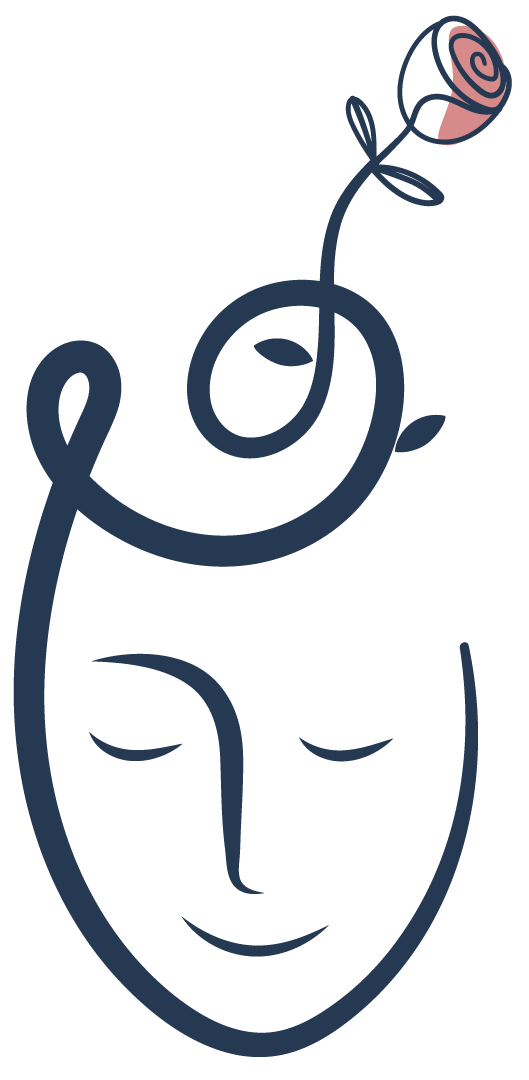My Guilt, My Chain
If guilt were the protagonist of a fairy tale, it would be the wicked stepmother. It is and always will be the eternal favorite of poets, second only to love. It is something that everyone eventually faces when analyzing themselves—sooner or later. It is one of the most common building blocks of many family and religious dynamics. Guilt has some very good friends: self-humiliation, morality, entrapment, victimization, and self-punishment. These friendships (or rather, toxic friendships) of guilt are what we will try to touch on today—with our most difficult goal being the decriminalization of guilt in some of its manifestations!
Guilt
Guilt could be likened either to a chain reaction or to a chain itself. When we are at the edge of a cliff, it is good to be chained to something solid—this is how I would compare the moral rules we are all raised with to prevent us from harming ourselves and those around us. And the verb “to harm” is what creates many misunderstandings and later, many guilt-ridden adults!
We learn from childhood that in order to make our parents happy, we must do what they want in the way they want it. Many parents will say, “Not what I want, but what is right.” However, since “right” is defined by the adult—parent—god of the child, it automatically translates in the child’s soul as their “desire.” The child will grow up, enter a social circle, and to be liked and accepted, will do things the way others want them done.
The Chain
When the chain doesn’t only tie us at the edge of a cliff, but throughout our entire childhood and adult life, what kind of life are we truly living, and what path are we really walking if we cannot take a step? The greatest guilt stems from two phrases we heard repeatedly as children, forming the acquired characteristic of the guilt-ridden person: “You’re a bad child or you could have done better” and “After all I’ve done for you… and you repay me with ingratitude!”
From an early age, we learn that to make our parents happy, we must do what they want, the way they want it. Many parents say, “Not what I want, but what’s right.” But because “right” is defined by the adult—the parent—the godlike figure to the child, it is automatically interpreted as the adult’s desire. Eventually, the child grows up and joins a peer group, and to be liked and accepted, they do things the way others want.
My Desires, My Self Later, as an adult, they will seek themselves in the “wants” of others—there will be no mention of their own desires. And if you ask this adult why they do what they do despite complaining, feeling exhausted, or resentful, they will answer disarmingly, “But… they need me, I can’t leave them.” When the real sentence is, “I need to do things as they ask so I can belong somewhere.” Entrapment, self-punishment, and a bottled-up anger that, if expressed, will become an earthquake!
And since we have spoken so much about guilt, let me add my own small contribution. The greatest guilt you will feel is if life passes by and you don’t know who you truly are because you spent it learning about everyone else—if you never chased your dreams because you were helping others achieve theirs—if you discover how fake that chain truly was.
The Good Child
A good child doesn’t say no… they do what’s right as perfectly as possible, and of course, feel guilty for not doing it perfectly enough—because what is expected is always more than what is done. They never refuse a request, because the happiness of others becomes their goal and form of self-actualization. “I don’t have needs; my friends, my family, all of you—may you be well.” When in reality, the unspoken truth is: “I don’t know what my needs are… and since I’ve learned to fulfill yours, I guess I’m fine.” Self-deprecation and victimization.
And since we’ve talked so much about guilt, let me add my piece: The greatest guilt you may feel is if life passes and you never find out who you really are, because you spent it learning everyone else… if you never chased your own dreams because you were helping others achieve theirs… if one day you realize just how fake that chain really was.

